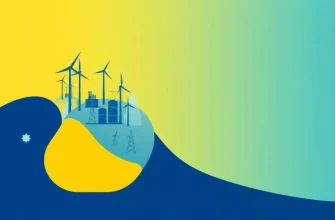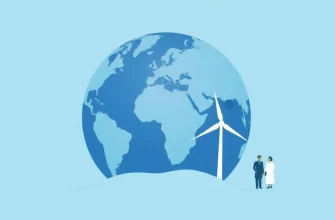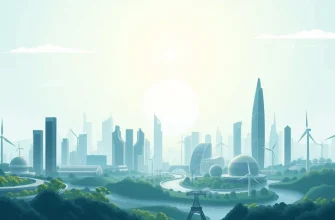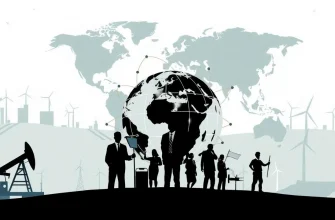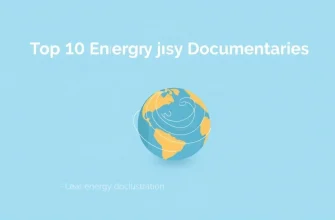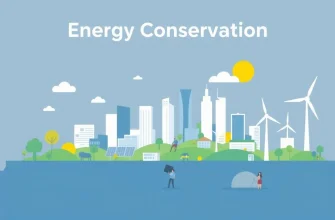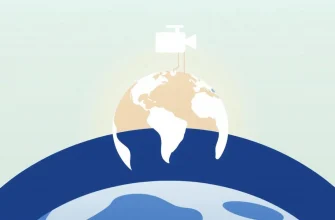The world of energy is vast and complex, touching every aspect of our lives from the electricity that powers our homes to the fuel that drives our cars. This curated list of documentaries delves into the multifaceted realm of energy, offering viewers a chance to understand the past, present, and future of how we harness and consume power. From the environmental impacts to the geopolitical games, these films provide a comprehensive look at one of the most critical issues of our time. Whether you're an energy enthusiast, an environmentalist, or just curious about how the world works, this collection promises to enlighten and engage.

Who Killed the Electric Car? (2006)
Description: This documentary investigates the rise and fall of the electric car in the United States, focusing on the General Motors EV1. It explores the political, economic, and corporate forces that led to the demise of this promising technology.
Fact: The film features interviews with notable figures like Mel Gibson and Ed Begley Jr., who were early adopters of electric vehicles. It also inspired a sequel, "Revenge of the Electric Car."
 Watch Now
Watch Now 
The 11th Hour (2007)
Description: Leonardo DiCaprio's documentary examines the state of the global environment, focusing on energy use and its impact on climate change, with insights from leading scientists and thinkers.
Fact: The film features interviews with over 50 scientists, activists, and environmental leaders. DiCaprio also served as a producer.
 Watch Now
Watch Now 
An Inconvenient Truth (2006)
Description: Al Gore's presentation on global warming and its effects, including the role of energy consumption, became a landmark film in raising public awareness about climate change and the need for sustainable energy solutions.
Fact: The film won two Academy Awards, including Best Documentary Feature. It has been credited with significantly influencing public opinion on climate change.
 Watch Now
Watch Now 
The Cove (2009)
Description: While primarily focusing on dolphin hunting in Japan, this documentary also touches on the broader implications of energy consumption and environmental ethics, highlighting the interconnectedness of marine ecosystems and human activities.
Fact: The Cove won the Academy Award for Best Documentary Feature in
 Watch Now
Watch Now 
The Age of Stupid (2009)
Description: Set in a post-apocalyptic future, this film looks back at the early 21st century to understand why humanity failed to address climate change effectively. It combines animation, documentary footage, and dramatic reenactments to make its point.
Fact: The film was crowdfunded, making it one of the first feature-length films to use this method of financing. It also features Pete Postlethwaite in his last major role.
 Watch Now
Watch Now 
The Great Invisible (2014)
Description: This documentary looks at the aftermath of the Deepwater Horizon oil spill, exploring the human stories behind the disaster and the broader implications for energy policy and environmental protection.
Fact: The film was directed by Margaret Brown, who also directed "The Order of Myths." It premiered at the Sundance Film Festival in
 Watch Now
Watch Now 
Gasland (2010)
Description: Josh Fox's investigation into the natural gas industry's hydraulic fracturing (fracking) practices reveals the environmental and health impacts of this controversial method of extracting gas. The film raises critical questions about the safety and regulation of fracking.
Fact: Gasland was nominated for an Academy Award for Best Documentary Feature in
 30 Days Free
30 Days Free 
The Power of Community: How Cuba Survived Peak Oil (2006)
Description: This documentary explores how Cuba managed to survive the economic crisis following the collapse of the Soviet Union, which led to an abrupt halt in oil imports. It showcases Cuba's transition to sustainable agriculture and community-based energy solutions, offering insights into resilience and adaptation in the face of energy scarcity.
Fact: The film was produced by Faith Morgan, who also directed and narrated it. It has been widely praised for its positive portrayal of Cuba's response to an energy crisis.
 30 Days Free
30 Days Free 
Crude: The Real Price of Oil (2009)
Description: Joe Berlinger's documentary follows a lawsuit against Chevron for environmental damage caused by oil extraction in the Ecuadorian Amazon. It provides a firsthand look at the human and ecological costs of oil production.
Fact: The film was shot over three years, capturing the legal battle from multiple perspectives, including interviews with both indigenous people and Chevron executives.
 30 Days Free
30 Days Free 
Planet Earth: Energy (2006)
Description: Part of the acclaimed BBC series, this episode explores the various forms of energy on Earth, from the sun to geothermal, and how life has adapted to harness these resources.
Fact: The series was narrated by David Attenborough in the UK and Sigourney Weaver in the US version. It took five years to film and involved over 2,000 people.
 30 Days Free
30 Days Free 


